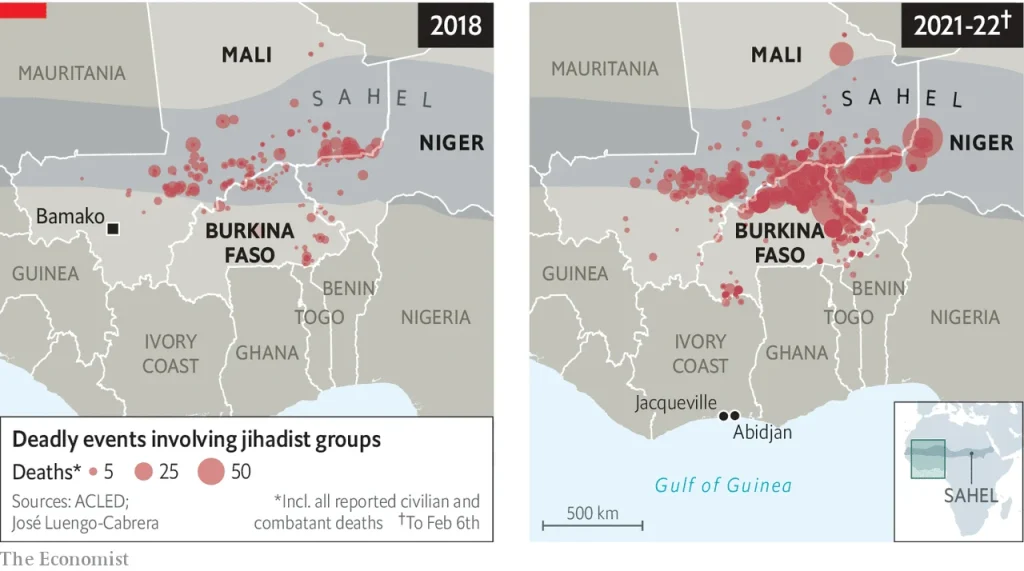 The growth of tech hubs and incubators across Africa, particularly in regions like West Africa, has rapidly accelerated in recent years. As of the last quarter of 2021, the number of tech hubs operating on the continent surpassed 640, with over 142 of these hubs concentrated in West Africa alone. These hubs play a pivotal role in supporting innovation, fostering entrepreneurship, and driving economic growth, according to multiple reports.
The growth of tech hubs and incubators across Africa, particularly in regions like West Africa, has rapidly accelerated in recent years. As of the last quarter of 2021, the number of tech hubs operating on the continent surpassed 640, with over 142 of these hubs concentrated in West Africa alone. These hubs play a pivotal role in supporting innovation, fostering entrepreneurship, and driving economic growth, according to multiple reports.
Key Drivers Behind Tech Hub Growth
The rise of Africa’s tech hubs is fueled by increasing internet penetration, a young population, and growing interest in digital solutions that address local challenges. Countries like Nigeria, Ghana, and Senegal have become prominent tech hubs, with startups in fields like fintech, healthtech, and agritech finding support through incubation programs.
These hubs offer essential services such as mentorship, funding, networking opportunities, and office spaces, allowing startups to scale their businesses and attract investment. According to a report by the World Economic Forum, African tech startups received more venture capital in 2021 than ever before, with tech hubs playing a critical role in connecting entrepreneurs with investors.
Support from Government and Private Sector
Governments across the continent have also recognized the potential of tech hubs in driving economic growth and job creation. For instance, in Nigeria, the government has partnered with the private sector to establish innovation hubs aimed at addressing unemployment and fostering technological advancement. Meanwhile, international organizations and venture capital firms are increasingly investing in these tech ecosystems, recognizing their potential to drive disruptive innovation in industries such as finance, agriculture, and healthcare.
Private sector companies, including major global tech players like Google and Microsoft, have also contributed to the expansion of Africa’s tech hubs. These companies have launched initiatives that provide startups with resources, technical support, and access to global markets.
Challenges and Opportunities
While the growth of tech hubs is a promising sign for the continent’s innovation ecosystem, challenges remain. Many startups still struggle with access to reliable infrastructure, such as electricity and high-speed internet, which can impede their ability to scale. Moreover, the regulatory environment across different African countries varies, which can complicate cross-border expansion for startups.
Despite these challenges, the future of Africa’s tech hubs looks bright. As more startups succeed in attracting international investment and scaling their operations, these hubs will continue to play a crucial role in the continent’s broader digital transformation.




















